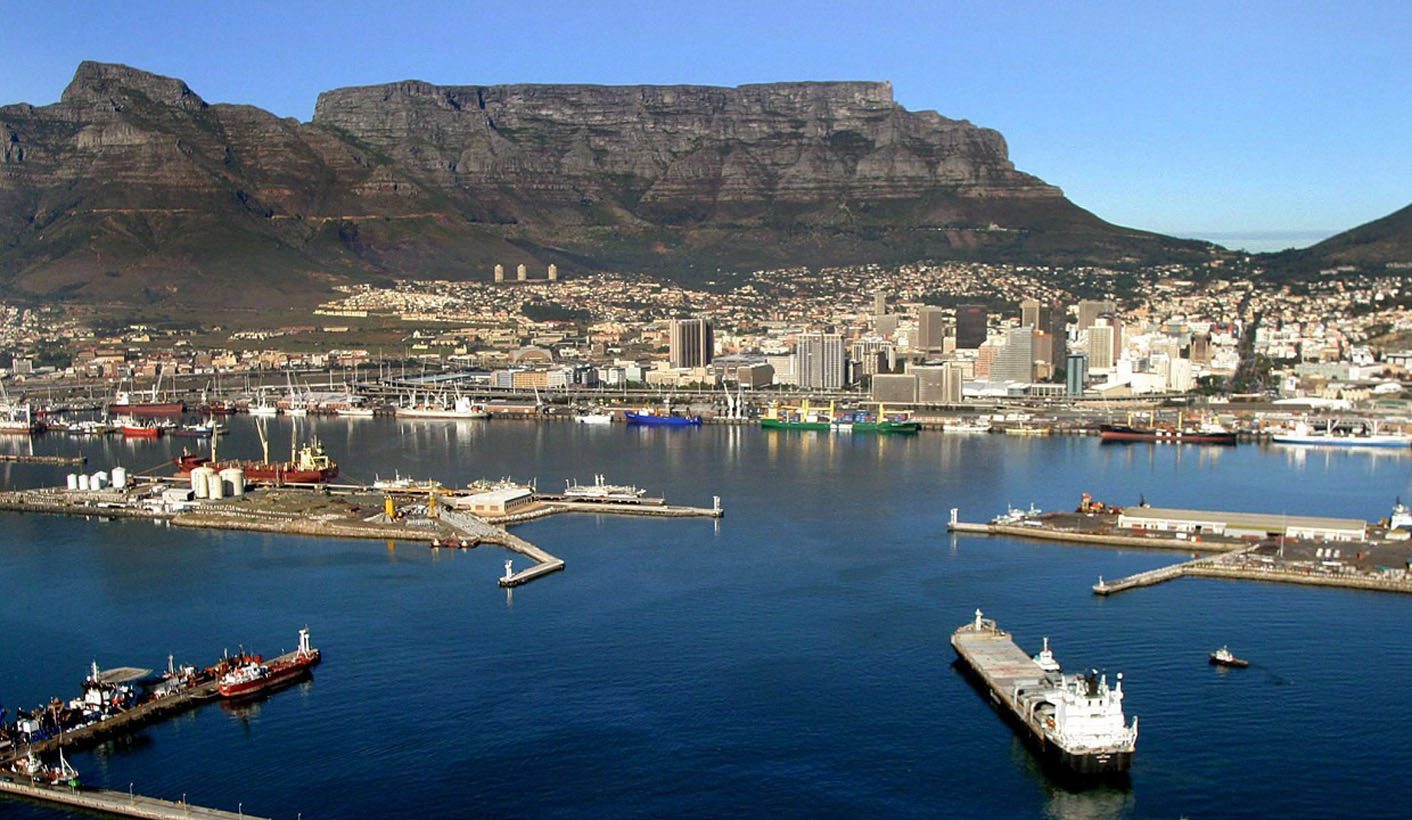Saldanha Bay harbour on the west coast of South Africa has long been an important point for global shipping routes. It was also the port of entry for an unwanted stow-away: the Mediterranean mussel. The species first appeared in South Africa in the late 1980s, and has spread along the west and south coasts. It has displaced native species, increased the areas covered by mussel beds, and damaged infrastructure like pipes, jetties and aquaculture equipment.
Saldanha is one of eight major maritime ports and 23 marinas and yacht clubs in South Africa through which marine alien species have entered South African waters. These aliens from all around the world can arrive attached to the hulls of vessels or in ballast water.
Scientists have identified 95 marine alien species along the South African coast. Among these marine aliens, there’s a special group known as fouling agents. These organisms attach to surfaces like a vessel’s hull, jetties, mariculture rafts and rocks.
Most fouling organisms are sedentary, such as algae, barnacles and mussels. Some are burrow-dwelling, such as worms, while others cling to surfaces, such as amphipods and isopods. Crabs, starfish and some small fishes are also included in the group.
Alongside threats to biodiversity, fouling can be a nuisance for vessel owners and harbour managers. It costs a lot of money to clean hulls and infrastructure and prevent fouling that can clog pipes and damage systems. The costs can be direct, such as lower productivity for the aquaculture industry or increased fuel demand for ships.
Some indirect costs link to prevention, management and control. Prevention is best. It requires knowing which species are present and whether they’re multiplying and establishing themselves. So it’s essential to develop a standard long-term monitoring approach.
With coordinated efforts between academics, governments and harbour managers, it’s possible to put into motion measures to track aliens before they become established, prioritise actions, and measure the effectiveness of interventions.
We started with tracking the arrival of these aliens. The Robinson Lab at Stellenbosch University developed and tested a method to monitor alien fouling species at ports and yacht clubs along the South African coast.
We showed that a simple, low-cost method can yield useful information about which species are present and the best time to intervene. The method can be used in other vulnerable locations too.
Better safe than sorry
We attached small PVC (plastic) panels, about the size of a medium-sized envelope, to harbour piers or buoys close to the harbour. We left them to float in the water for two months to see what organisms would attach themselves.
Some of the units were enclosed in a cage-like structure, to stop other species, such as fishes, crabs or shrimps, from eating whatever alien organisms might attach to the panels. The materials for the entire experiment cost as little as R800 (about$50) for the 20 units installed at each harbour site.
We tested the method at harbours in Durban, Port Elizabeth, Cape Town and Saldanha Bay in 2019 and found that two months is the minimum time necessary to detect and identify invasive species.
During our trial, we detected 21 species, of which 66% were invasive. The high prevalence of invasive species was alarming and reinforces the need to monitor these environments. Most of the species had been detected by researchers before but one of them, Ascidiella aspersa, was recorded only for the Western Cape and we found it in Port Elizabeth, indicating a range expansion eastwards.
These results show how important it is to establish long-term standardised surveillance. This will enable temporal and spatial comparisons of information that’s collected consistently.
Our study, coupled with previous research, shows that most fouling species reproduce all year long, but have reproduction peaks during summer and winter. The main message is that harbours should monitor what’s there at least twice a year during the reproduction peak season.
Going forward
The potential impacts of alien species are so alarming that international organisations urge countries to act locally in parallel with global efforts and coordination. The Convention for Biodiversity, a multilateral treaty among participant countries instigated by the UN’s 2030 agenda to promote the Sustainable Development Goals, requires the prevention of alien species introduction and the control or eradication of already introduced aliens that threaten ecosystems, habitats or species.
Developing a standardised long-term monitoring approach is essential for meeting national and international standards of sustainable development such as achieving the 2030 Agenda for Sustainable Development, adopted by all United Nations Member States in 2015. For the industry, monitoring alien species is also relevant to increase competitiveness in global markets that are progressively turning their attention towards a green economy.
The method we’re suggesting can be valuable to governmental conservation departments aiming to control bioinvasions, as well as to policymakers who need to evaluate the efficacy of biosecurity protocols.
For the industry, this monitoring approach can help shipping companies, aquaculture companies, as well as managers of ports, marinas and yacht clubs that might want to pursue green certification such as the Blue Flag programme.
This efficient, easy and versatile method could decrease the potential of future invasion and losses. We recommend that this early-warning method be used widely in South African harbours and abroad. DM/OBP
This article first appeared in The Conversation.
Tainã Gonçalves Loureiro is a post-doctoral Research Fellow at the Centre for Sustainable Oceans, Cape Peninsula University of Technology, Stellenbosch University.
Disclaimer: Tainã Gonçalves Loureiro receives funding from the Centre of Excellence for Invasion Biology.
[hearken id="daily-maverick/8881"]
This article is more than 3 years old
South Africa
How we found a way to track alien marine species along South Africa’s coast
Given the alarming impacts alien species can have, this monitoring method can be valuable to state conservation efforts to control bioinvasions, as well as to policymakers who need to evaluate the efficacy of biosecurity protocols.




